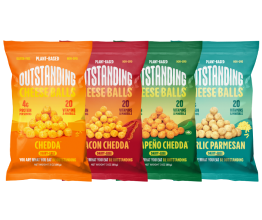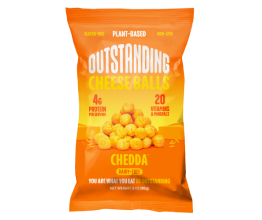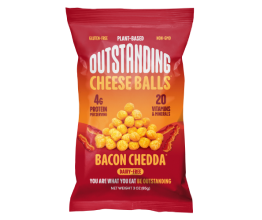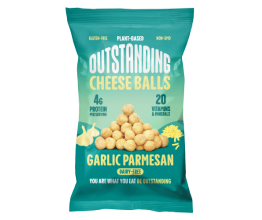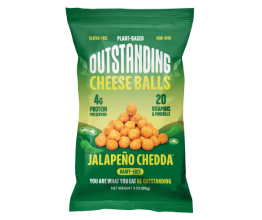Gut Health Supplements & Their Benefits
Like it or not, you host millions of tiny visitors in your intestines, many of which are there to help you. This community of friendly germs — your “intestinal flora” or “gut microbiome,” if you want to get fancy — plays a vital role in your health. Gut health supplements help keep your intestinal flora healthy.
By boosting your immune system, improving your digestion, and crowding out other not-so-friendly bacteria, these hard-working little microbes promote your well-being, so it’s in your best interest to keep them happy, and gut health supplements help you do that.
But what exactly are gut health supplements, and how do they work? Read on to find out.
Prebiotics vs. Probiotics: What’s the Difference?
Gut health supplements come in two categories: prebiotics and probiotics. As you can tell, the scientists who named them got REALLY creative *cough*, but even though they sound similar, they function quite differently.
Probiotics are the living organisms — or good bacteria — in your gut. Prebiotics, on the other hand, are food for that good bacteria. Your intestinal flora is highly diverse, so probiotic supplements and foods maintain that diversity while prebiotics help the good bacteria multiply and flourish.
Think of your gut microbiome as your personal bacteria army. Prebiotics are the rations and supplies, and probiotics are reinforcements. You need both to keep your guts in fighting shape.
Gut Health Supplements: What Can You Take?
Since the importance of the gut microbiome became mainstream knowledge, the number of available gut health supplements has skyrocketed. And while research is still in its early stages, studies show that probiotic supplements help with IBS, constipation, diarrhea, and general health. In other words: probiotics help you poop.
Prebiotic supplements have also shown promise. There is conclusive evidence that they can help with bloating and constipation, as well as reduce blood sugar and cholesterol levels in folks with Type 2 diabetes.

But how do you know whether gut health supplements are safe for you? And how can you tell which ones are right for you and which are overhyped? We apologize in advance for sounding like your mom, but our best advice is that you should talk to your doctor.
While gut health supplements are perfectly safe for most people, they’re not necessarily safe for everyone. Your doctor knows your health history and can help you pick the probiotic or prebiotic supplement that is best for you and your lifestyle.
Foods for Gut Health: What Can You Eat?
Before you resort to pricey supplements, you should know that plenty of foods naturally contain prebiotics and probiotics. The long list of plant foods that contain the indigestible carbs (prebiotics) that your gut germs dine on includes almonds, artichoke, oats and barley, chia seeds, flaxseeds, and garlic.
As for probiotics, according to the Heart Foundation, gut-friendly bacteria are most often found in fermented foods, such as pickles, sourdough bread, kimchi, miso, tempeh, and kombucha.
The fewer gut health supplements you need to take, the less energy you have to put into actually remembering to take them, so try to incorporate a wide variety of prebiotic and probiotic foods into your daily meals. Your gut germs will thank you. Or at least they would if they could talk.
Gut Happiness: What Should You Snack On?
Once you’ve fueled the critters in your intestines with prebiotic and probiotic gut health supplements, it’s time to fuel yourself. Outstanding Foods snacks are healthy, loaded with nutrients, and 100% plant-based.
Our dairy-free Cheese Balls, for example, contain 20 vitamins and minerals — like iron, zinc, and vitamin B12 — 4 grams of protein, and only 0.5 grams of saturated fat per serving. Plus, with flavors like Bacon Chedda and Garlic Parmesan, you can feel like you’re treating yourself while actually doing your body some good.
Make your guts happy and find Outstanding Foods snacks in a store near you today!
